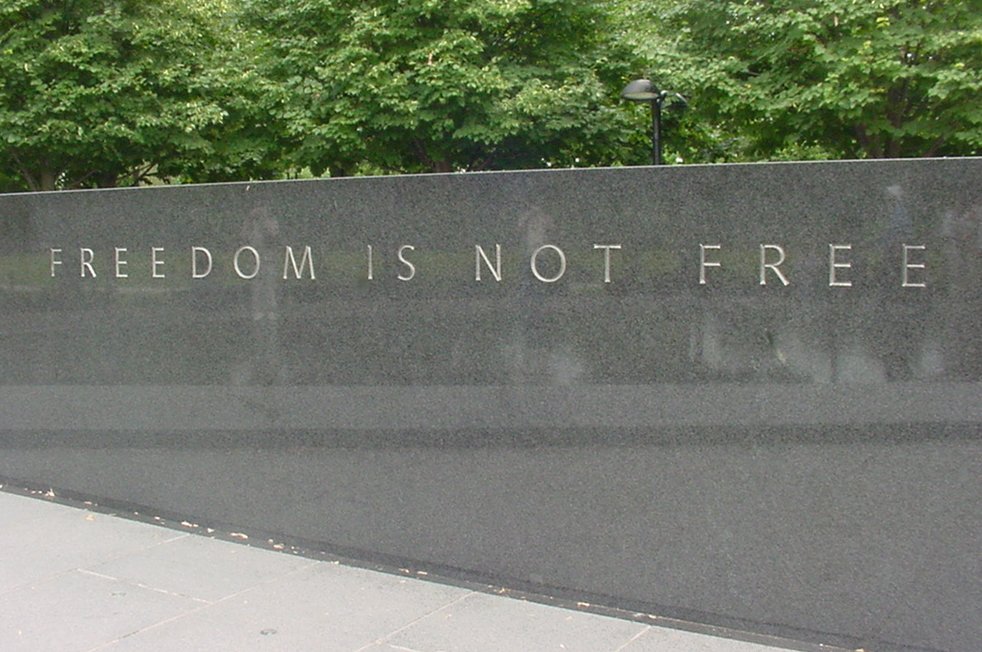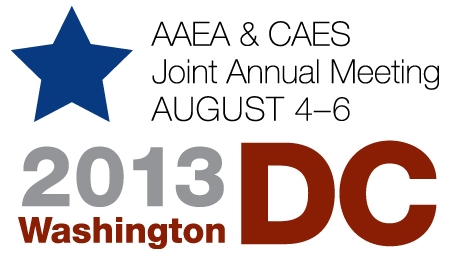"Currently, the NPS has no information about the value that visitors hold for preserving natural sound conditions in national parks," the agency said in an Aug. 9 Federal Register notice. "Nor does NPS have any information of how human-caused sound conditions affect the likelihood of visitation to national parks."
While the survey is not set to begin until 2015, the agency next year hopes to conduct focus groups that will help test the questions that will be used in the national survey.
The agency apparently needs approval from the White House to proceed.
The Park Service said it is working with economists and noise specialists at the Department of Transportation's Volpe National Transportation Systems Center to develop a model that could calculate the economic benefits of varying acoustical conditions in the park.
As an academic, part of me is curious. I know how much this type of project costs, however, and I don't think its the best use of our tax dollars given our deficits. To paraphrase the question Mitt Romney asked:
Is this project so important that we should borrow money from our children and grandchildren to fund it?








